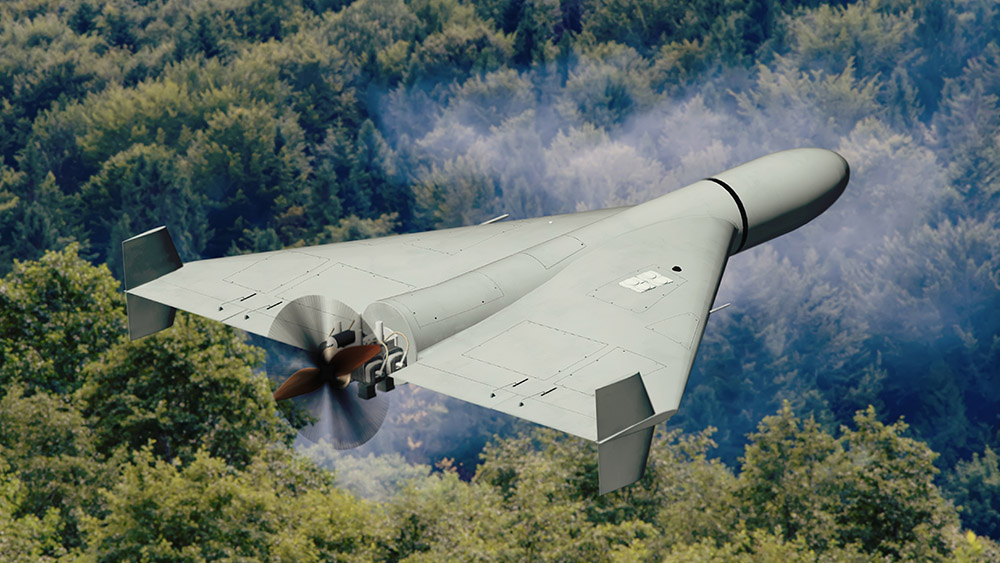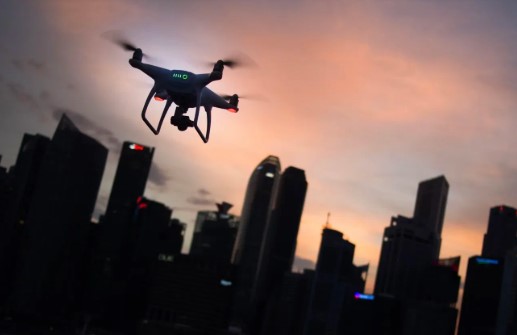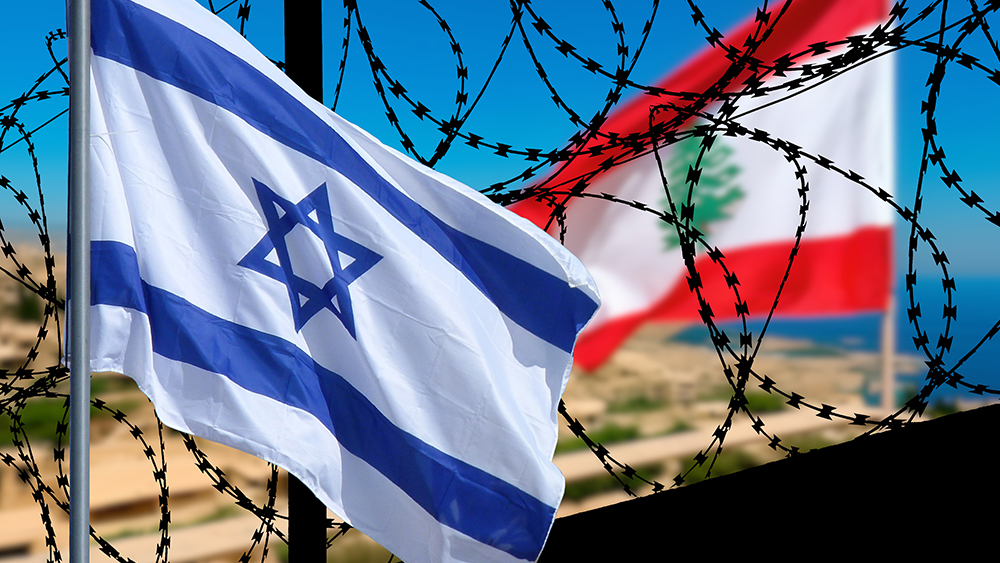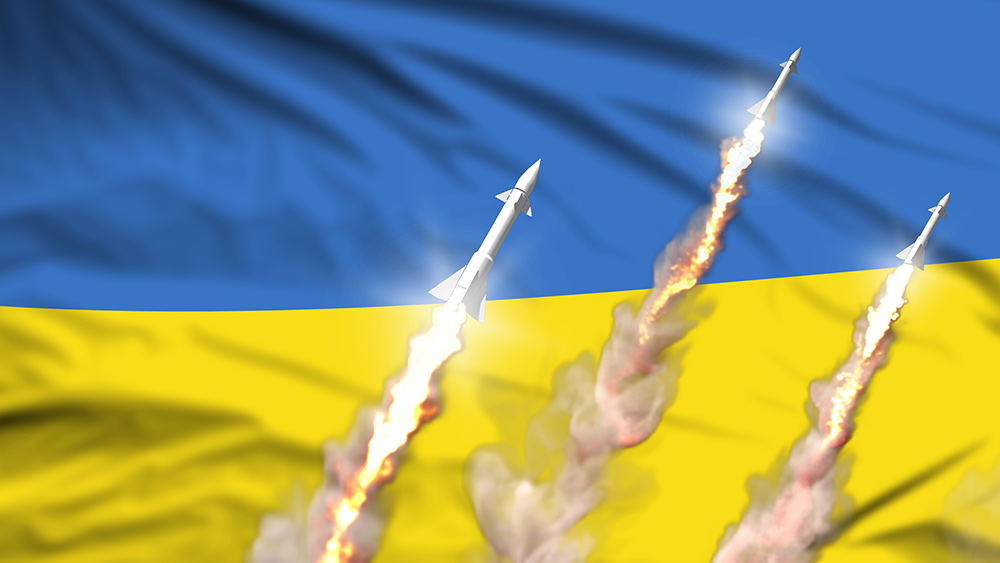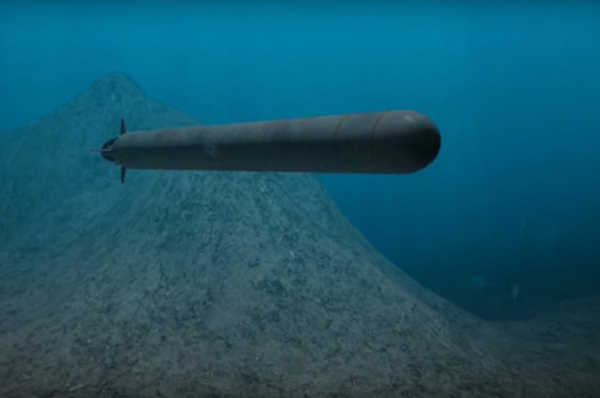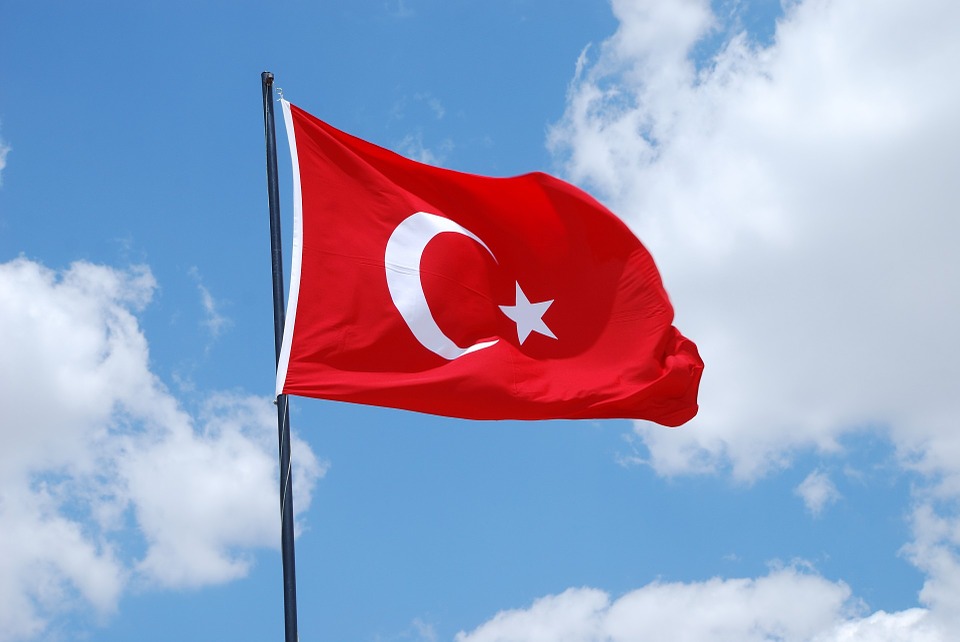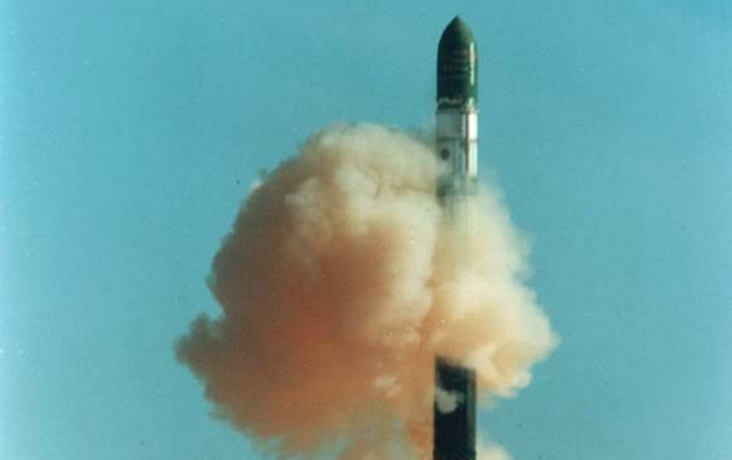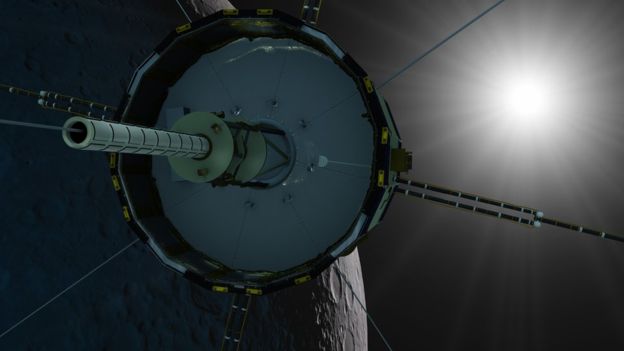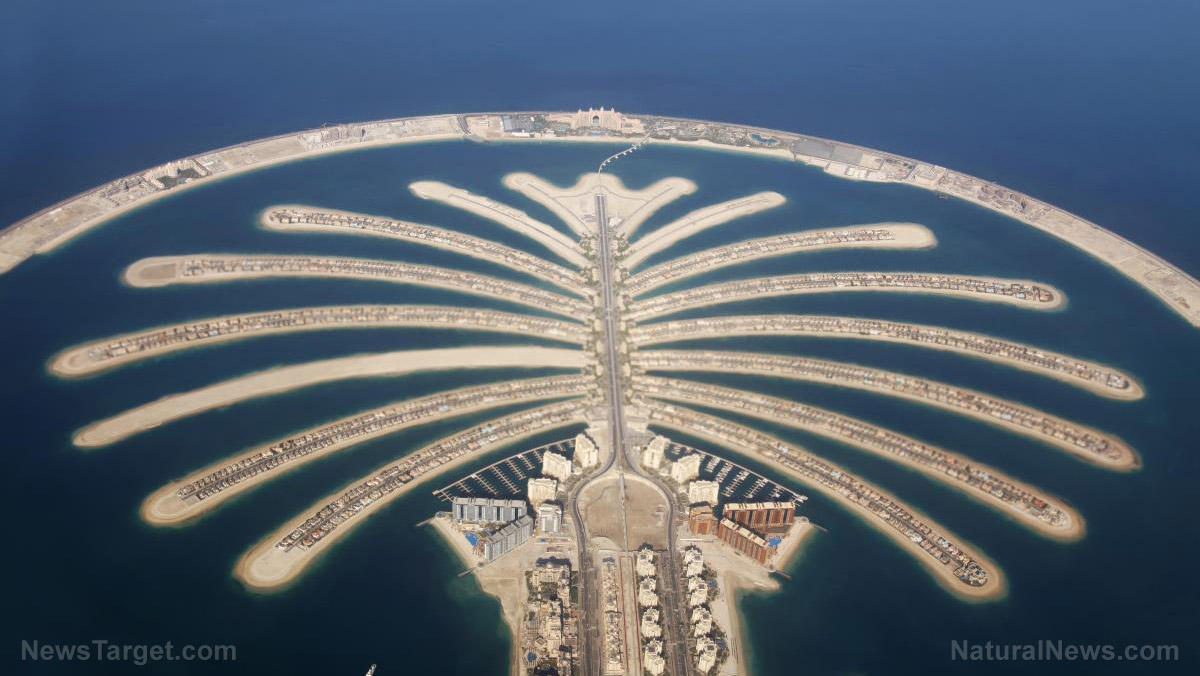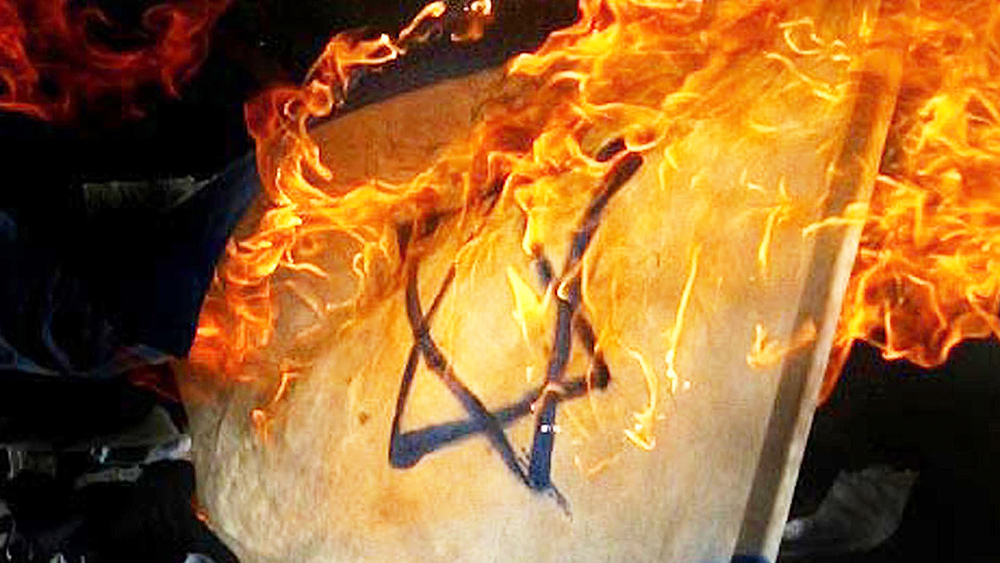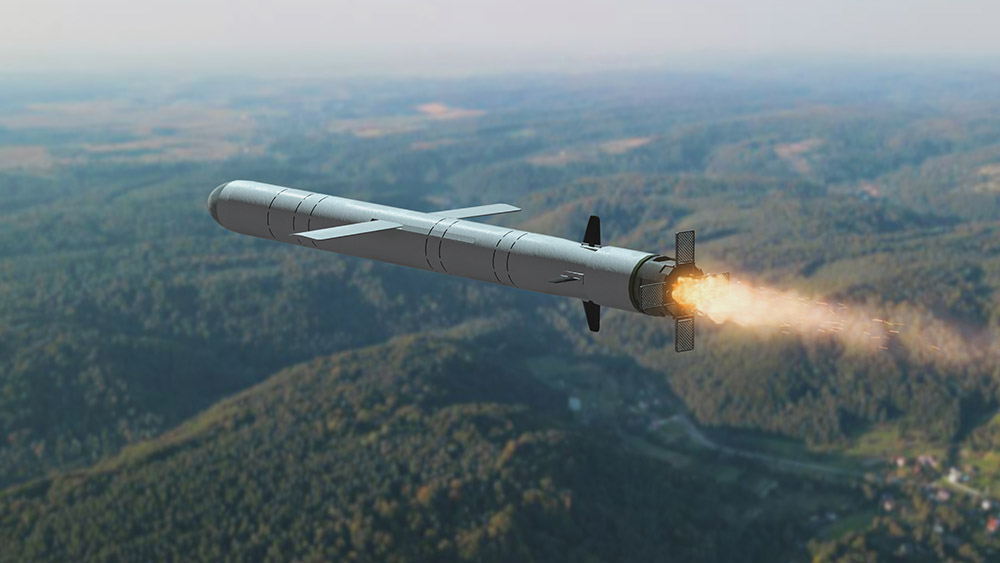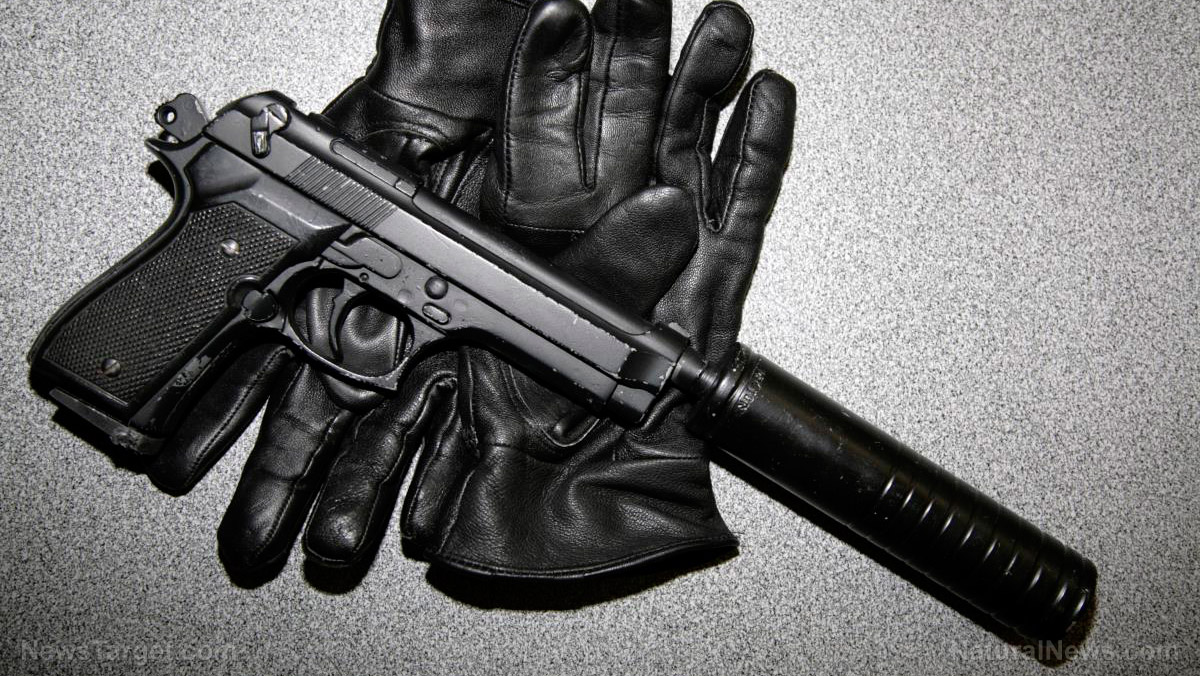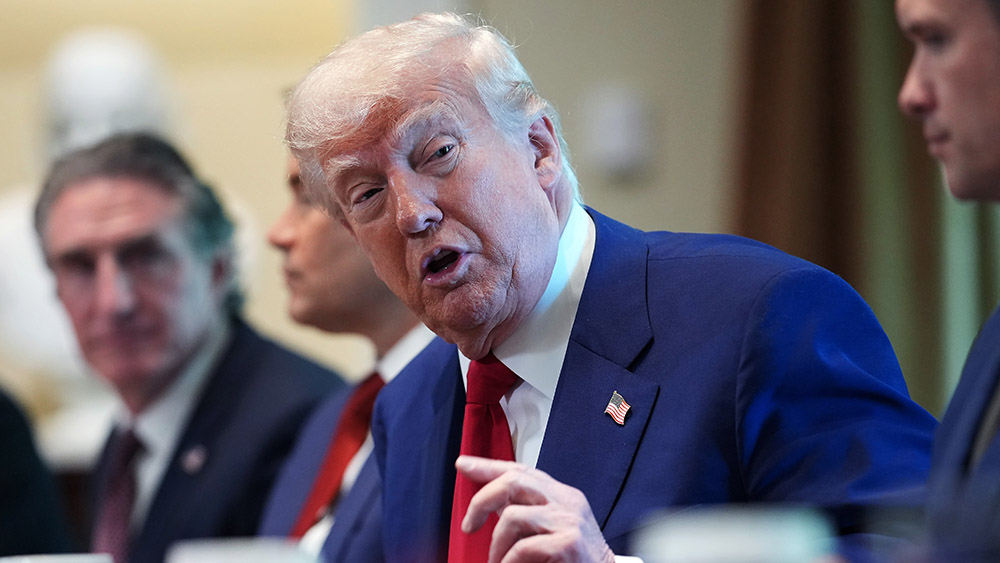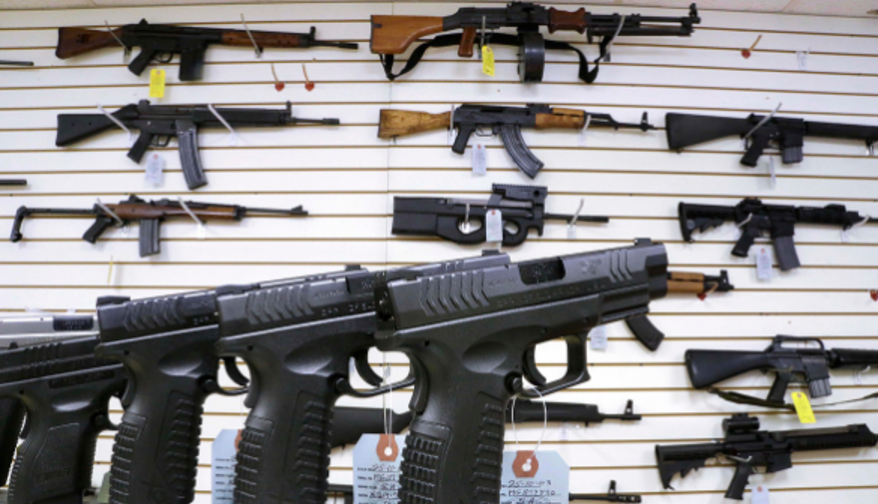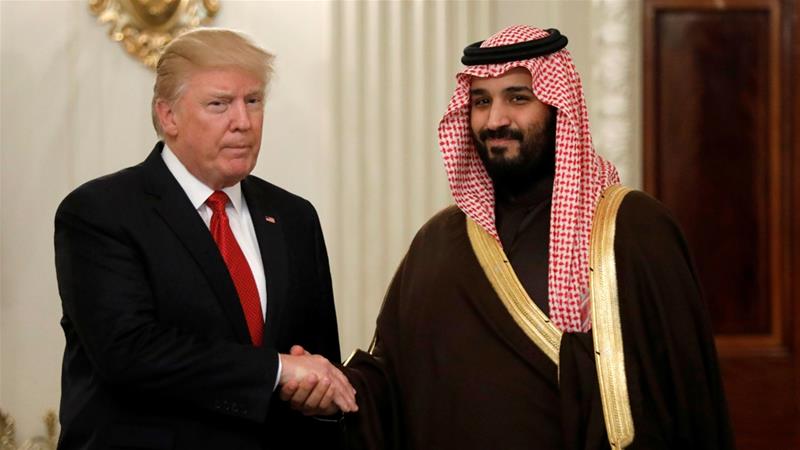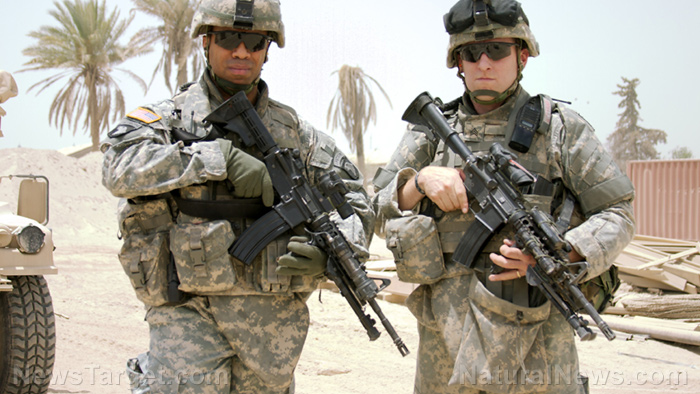U.S. reopens jungle warfare training in Panama amid rising tensions with Venezuela
11/12/2025 / By Kevin Hughes
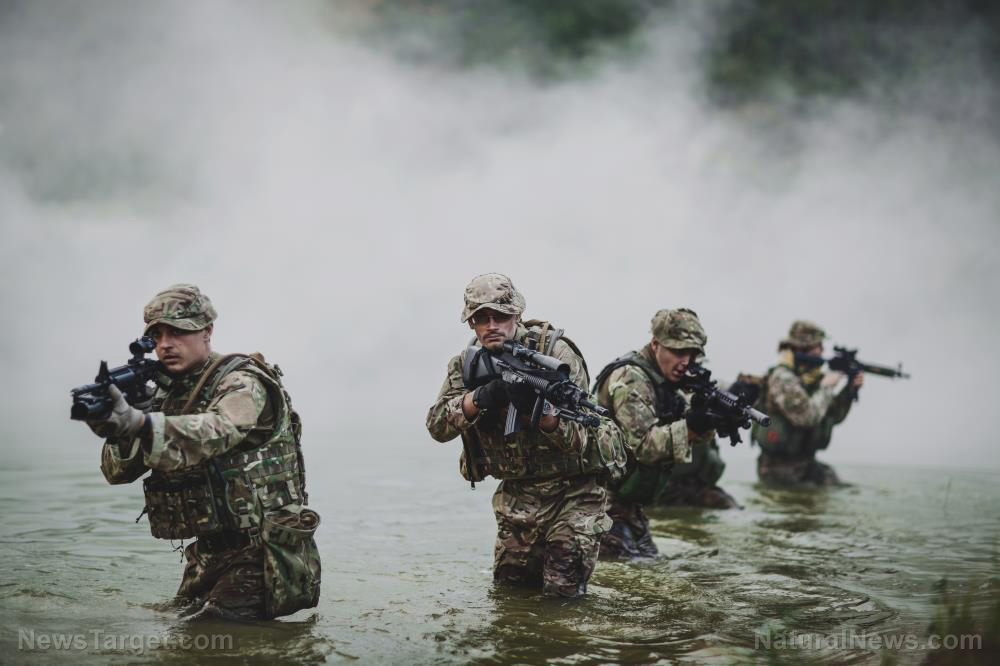
- The U.S. has partially reopened the former jungle warfare training site in Panama. Abandoned in 1999, Fort Sherman’s “Jungle School” is now hosting brutal jungle combat training for Marines, Army soldiers and Panamanian forces.
- The training coincides with a major U.S. military buildup near Venezuela, including the deployment of the USS Gerald R. Ford, raising concerns about potential military action against Venezuelan President Nicolás Maduro’s regime.
- While full U.S. control of the Panama Canal remains off the table, Washington has secured expanded military coordination, including expedited naval transit and cyber defense partnerships, reinforcing Panama as a key regional ally.
- Maduro has warned of readiness for conflict, backed by Russian-supplied air defenses and millions of pro-government militia, making Venezuela a tougher target than Panama was in 1989.
- Analysts suggest the jungle warfare revival signals U.S. dominance in Latin America, serving as both strategic posturing and a warning to regimes like Maduro’s amid escalating geopolitical tensions.
For the first time in more than two decades, U.S. troops are undergoing jungle warfare training in Panama, reviving a brutal program once nicknamed “Green Hell” for its resemblance to Vietnam-era combat conditions.
The move comes amid escalating tensions with Venezuela and a broader U.S. military buildup in the Caribbean, raising questions about Washington’s strategic intentions in the region.
“Jungle warfare training is a specialized form of military training focused on operating in dense, tropical rainforest environments. This type of training is crucial for soldiers who may be deployed to jungles worldwide, such as those found in South America, Southeast Asia and Central Africa,” BrightU.AI‘s Enoch said.
It originated during World War II, with notable engagements in the Pacific Theater, such as the Battle of the Solomon Islands and the Battle of Buna-Gona. Post-WWII, jungle warfare training continued to evolve, with the U.S. Army establishing the Jungle Operations Training Center at Fort Sherman, Panama, in 1962.”
Revival of Fort Sherman’s “Jungle School”
The U.S. military has partially reopened Fort Sherman, which was abandoned in 1999 when Panama assumed control of the Panama Canal. The facility, now called Base Aeronaval Cristóbal Colón, is hosting a three-week Combined Jungle Operations Training Course involving U.S. Marines, Army soldiers and Panamanian security forces.
The program, described as one of the most grueling in the world, includes survival training, tactical maneuvers and patrol operations in an environment teeming with venomous snakes, dense vegetation and extreme humidity.
“If you can train and fight in one of the most difficult and challenging locations in the world, you build a really lethal, effective force,” a defense official told reporters.
Strategic implications: Venezuela in the crosshairs?
The timing of the training has drawn scrutiny, coinciding with a massive U.S. military buildup near Venezuela—including the deployment of the USS Gerald R. Ford, the world’s largest aircraft carrier, and thousands of troops.
While the Department of War officials insist the Panama exercises are not explicitly preparing troops for Venezuela, President Donald Trump has repeatedly threatened military action against Caracas, accusing Nicolás Maduro’s government of facilitating drug trafficking.
“We are not preparing for anything,” Col. Ada Cotto, commander of the Joint Security Cooperation Group-Panama, told AFP. “Everything is transparent and by invitation of the Panamanian government.”
However, analysts suggest the move signals a broader shift in U.S. policy toward Latin America.
“It’s an expansion of an existing military relationship, but it’s not happening in a vacuum,” said Alex Plitsas, a former Pentagon official and Atlantic Council fellow. “It’s happening as a broader change in policy. There’s a renewed interest in South America, where the president sees the drug flow to the United States as a national security issue with the intention of potential military action.”
A return to Panama’s strategic role
The U.S. withdrawal from Panama in 1999 marked the end of a century-long military presence, but Trump has repeatedly expressed interest in reasserting control over the Panama Canal, calling to “take it back”—though full ownership remains unlikely.
Instead, Washington has secured expanded military coordination with Panama, including expedited naval transit and cyber defense partnerships. The revival of jungle training aligns with this strategy, reinforcing Panama’s role as a key regional ally against threats like drug trafficking and organized crime.
Venezuela’s defiant stance
Venezuela has responded to U.S. posturing with defiance. President Maduro has warned that his country is ready to fight, bolstered by Russian-supplied air defenses and a pro-government militia numbering in the millions.
The specter of a U.S. intervention—similar to the 1989 invasion of Panama that ousted Manuel Noriega—looms large. However, experts caution that Venezuela presents a far more formidable challenge than Panama did, lacking the same historical U.S. military footprint.
A message beyond training
While the Panama exercises are framed as routine cooperation, analysts say they also serve as a warning to adversaries.
“No doubt a message is being sent to Maduro by conducting combat training in his neighborhood,” said Steve Ganyard, a retired Marine colonel and ABC News contributor.
As the U.S. ramps up jungle warfare readiness—with plans to expand training to platoon-sized units—the geopolitical stakes in Latin America continue to rise. Whether this signals preparation for conflict or merely strategic posturing, the revival of Fort Sherman underscores Washington’s determination to dominate jungle warfare—and perhaps much more.
Watch the video below about a 1944 U.S. Army Air Corp training film on jungle survival.
This video is from the Bible Study by Chaplain Bob channel on Brighteon.com.
Sources include:
Submit a correction >>
Tagged Under:
army, big government, Caribbean, Department of War, Donald Trump, Fort Sherman, jungle warfare training, Latin America, Manuel Noriega, Marines, national security, Nicolas Maduro, Panama, Panama Canal, pentagon, South America, United States, USS Gerald R. Ford, Venezuela, Washington
This article may contain statements that reflect the opinion of the author
RECENT NEWS & ARTICLES
COPYRIGHT © 2018 SELFDEFENSE.NEWS
All content posted on this site is protected under Free Speech. SelfDefense.news is not responsible for content written by contributing authors. The information on this site is provided for educational and entertainment purposes only. It is not intended as a substitute for professional advice of any kind. SelfDefense.news assumes no responsibility for the use or misuse of this material. All trademarks, registered trademarks and service marks mentioned on this site are the property of their respective owners.

